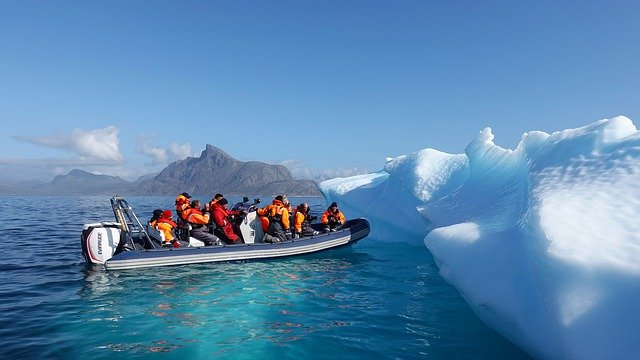Writing an Arctic Treaty?
Posted on February 10, 2020, by Over The Circle.
“During last month’s Arctic Frontiers conference in Tromsø, one of the more controversial ideas to appear out of the first plenary session, a discussion on regional policy directions entitled ‘The State of the Arctic,’ was the potential for an Arctic Treaty to reflect the changed political and strategic milieu of the high north. The issue was mentioned by Bobo Lo, a Non-Resident Fellow at the Lowy Institute in Sydney Australia and a specialist in Sino-Russian relations in the Arctic.”…………….
“The concept of such a treaty is certainly not new, but it has been a longstanding bête noire in many Arctic policy circles due to its controversial nature. This has especially been the case amongst regional governments and policymakers who view any sort of ‘Arctic Treaty’ as negatively affecting the roles of Arctic states and overcomplicating and potentially sidelining the current governance regime in the region, including the Arctic Council and the Law of the Sea. As fellow panelist Ine Eriksen Søreide, Norway’s Foreign Minister, responding to the question of whether new forms of regional government in the Arctic were required, stated, ‘we cannot give up on the structures of cooperation that is, actually, working today.’ She then added, ‘if something is working, please do not try to revise it.’”…………….
“Despite ongoing opposition to the possibility of an Arctic Treaty, which could, in theory, regulate many activities in the region, as well as acting as a nexus for existing agreements relevant to the far north, the idea has not faded and is arguably being pushed closer to the forefront of debates over the Arctic’s political future.
At first glance, such a treaty could be seen as advantageous in a number of ways in light of the regional (and global) changes listed above. Moreover, in theory, a treaty could act as a way of addressing perceived gaps in the current Arctic governance system, including the thorny issues of security which were purposefully left off the 1996 Ottawa Declaration, the founding document of the Arctic Council.”
“The second initial obstacle would be convincing the ‘Arctic Eight’ states that any treaty negotiations would not dilute their sovereignty and decision-making power in the region. Arctic governments, notably Canada and Russia, have traditionally been sensitive to any perceived challenges to their Arctic sovereignty. The creation of any new international organization regime, regardless of mandate or type, requires a certain amount of sovereignty to be transferred ‘upwards’ to the new organization. Being a part of the European Union requires extensive economic policy coordination with other members, and being a member of NATO necessitates defense information sharing and a promise (under Article V of the 1949 Washington Treaty), to interpret an attack on one member as an attack on the entire organization.”
Read on……………..learn more………

 Bloggers Guide To Arctic Finland 2020
Bloggers Guide To Arctic Finland 2020 New Book Out!
New Book Out! Travel Guide To Arctic Finland
Travel Guide To Arctic Finland Recent Posts
Recent Posts


Leave a Reply